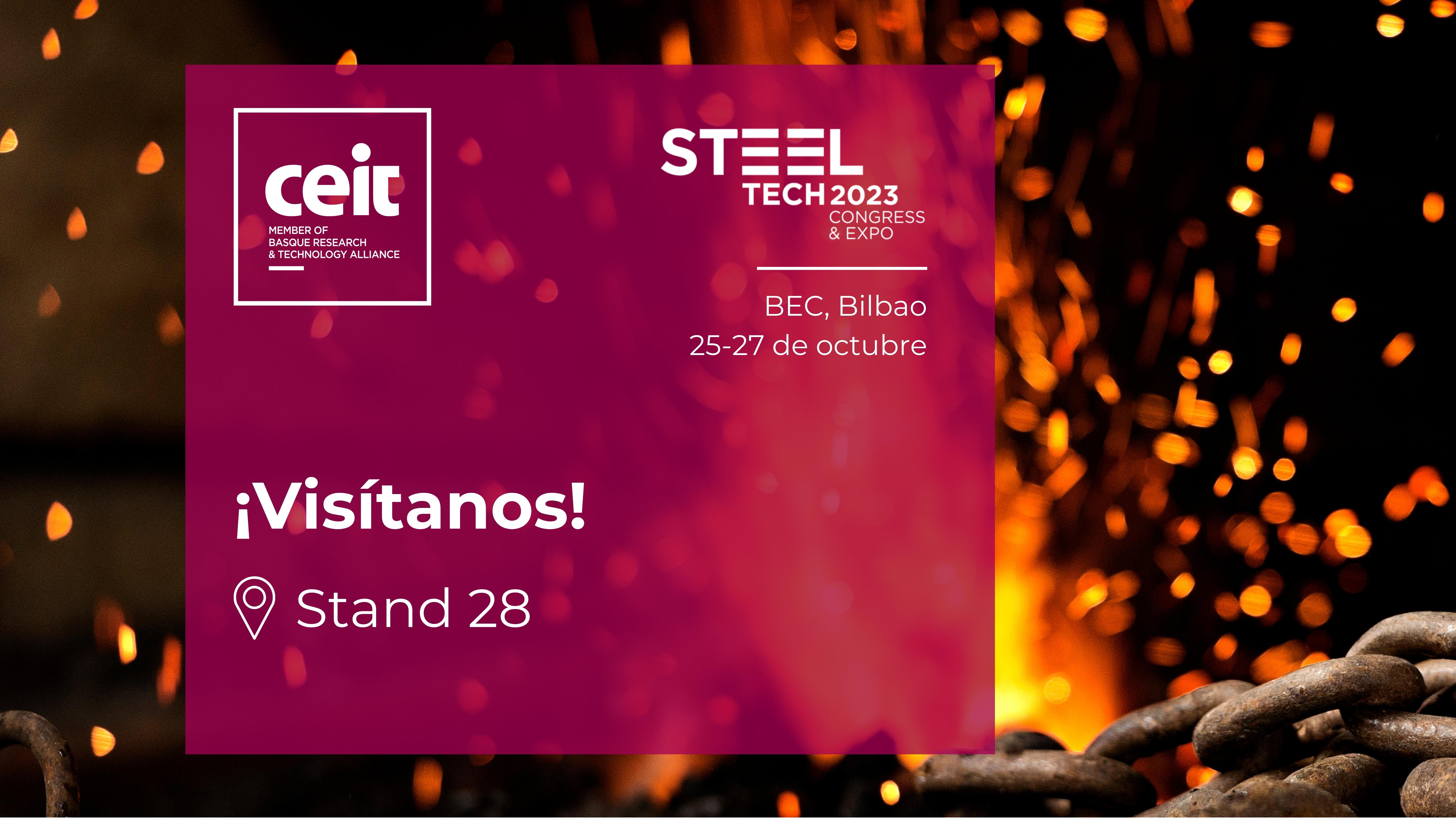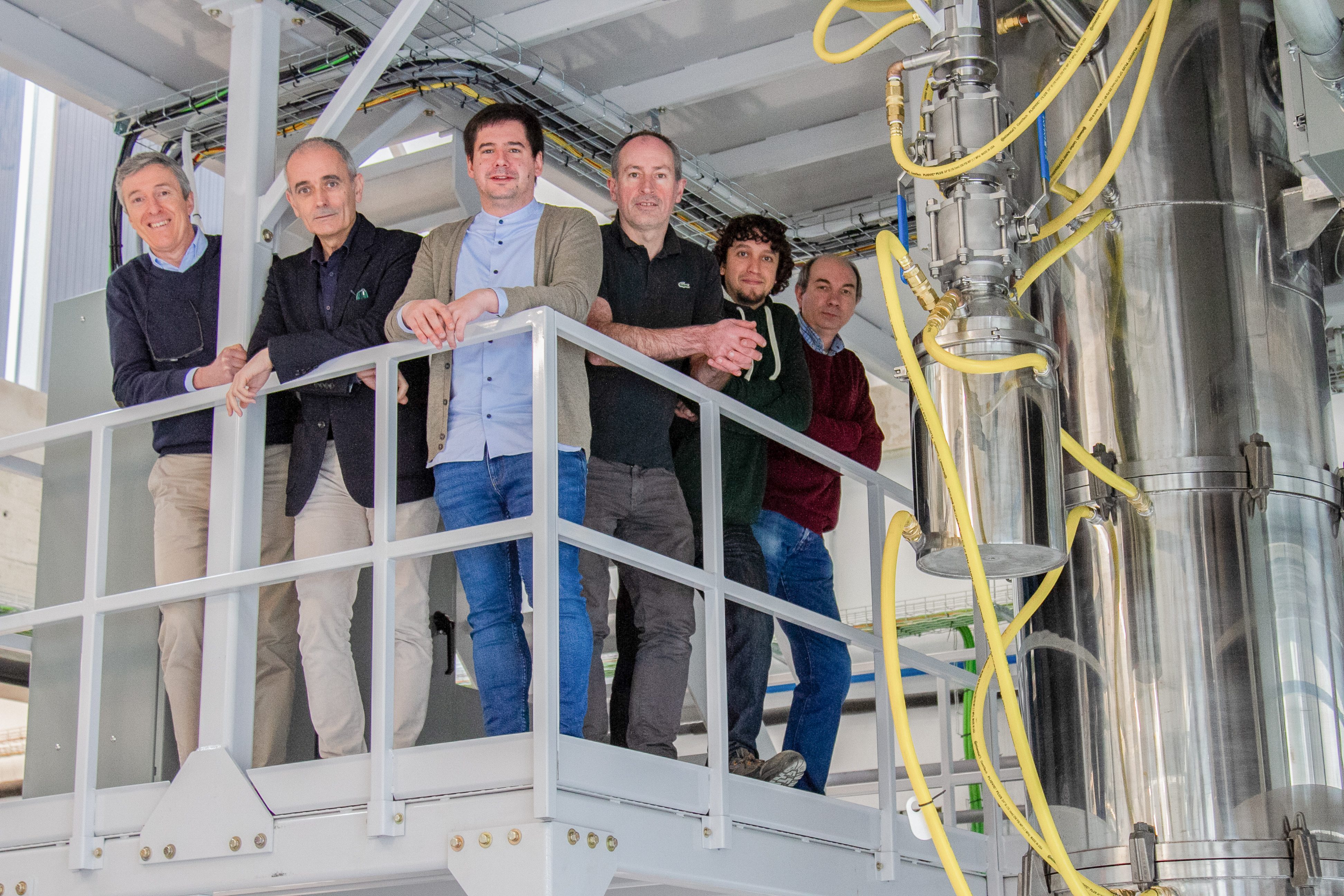Finaliza con éxito el proyecto europeo ADDITOOL para la transferencia de tecnologías de Fabricación Aditiva a la industria
Successful completion of the European ADDITOOL project for the transfer of Additive Manufacturing technologies to the industry.

09 | 05 | 2023
The European ADDITOOL project , in which the technology center Ceit participates together with companies and organizations from different countries of the European Union, has been successfully completed.
The project, which has lasted 28 months, has had as goal disseminate and transfer additive manufacturing technologies in order to approach its use for the manufacture of custom metal tooling without the need for molds.
After 28 months of work, the European project of research and development ADDITOOL has come to an end with an event. Its goal has been to disseminate and transfer know-how on additive manufacturing processes, as an essential enabling technology for advanced manufacturing, in order to approach its use for the manufacture of customized metal tooling without the need for molds.
Companies from Spain, France and Portugal, including the Technology Center Ceit and two other Basque entities: the University of the Basque Country (UPV/EHU) and Lortek, have participated in the project, which has been financed by the European Union's ERDF funds.
Five real demonstrators
At the event, five real industrial demonstrators of metal tooling using this technology were presented for different sectors: machinery manufacturing, food, aeronautics and industry. Each demonstrator was manufactured using different metal additive manufacturing techniques, adapting to the characteristics (size, geometry or material, among other parameters) of each element. During workshop, speakers from various international organizations such as Ampower, Cranfield University, Addup, Adaxis or Rescoll talked about the future of additive manufacturing and what it brings in terms of sustainability.
Transmission of knowledge
The project ADDITOOL has also facilitated the transfer of knowledge to the entire southwestern European region (Spain, France, Portugal and the United Kingdom) through various educational programs. Those responsible in this area have been teachers, researchers and doctoral students, who have used mobility to share best practices.
With all this, the various utilities of industrial processes and solutions have shown that they have different outlets thanks to the use of these technologies, and new fields of application will open up in terms of their development.
The results of this project are expected to contribute to the development of more efficient and cost-effective processes for additive manufacturing of metals, which in turn will promote the competitiveness and growth of European industry.




